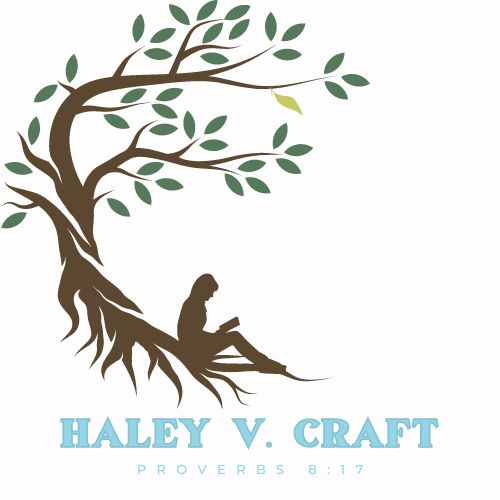Trust in the LORD with all your heart and do not lean on your own understanding. In all your ways acknowledge Him, and He will make your paths straight.
—Proverbs 3:5-6
This week’s lesson was a tough one. Not tough emotionally, and not tough because of writer’s block, but tough because there were so many amazing nuggets of truth in the section of Scripture I was reading that I found it quite difficult to organize my thoughts. It felt like I would imagine it if I were given free rein in the world’s largest bookstore—I had no idea where to start or what information I should use.
The problem was the words. When I went to Bible Hub to look at their original meanings (strongly encourage this by the way), so many of them alluded to such rich imagery that it was almost overwhelming. Which is why I decided I better stick with only a couple of verses.
Proverbs 3 is a chapter that celebrates all the rewards that come with wisdom. Solomon lists things like long life, peace, finding favor with God and men, healing, and refreshment. But none of these rewards are free. Each time Solomon lists a reward, he tells his son what he must do in order to receive that reward.
The same thing happens in verses 5 and 6—trust in God and you will gain the reward of Him making your paths straight. Seems pretty straightforward, but there is so much more going on beneath the surface of my New American Standard Bible translation.
First the word understanding. To us today it means that we comprehend something, that we are able to wrap our minds around it, but if you look at the original language, it can also mean discernment or truth. What we’re dealing with in Proverbs is the idea that we can’t trust ourselves to figure out what is true without God’s help.
That’s not too surprising given our imperfections and proclivity for succumbing to deception. I’m sure we can all think of a time when we trusted our own judgment without going to God about it and it blew up in our faces. We are just too finite, too limited to know exactly how to handle every situation we find ourselves in, which is why we need Him.
But that very fact begs the question, how much do we need Him?
The answer can be found in the words trust and lean. The word translated trust paints the picture of someone lying down flat like we do when we go to bed. The idea is we trust our bed to the point where we are willing to put all our weight on it. This is how we are supposed to trust in God. Without qualm or hesitation, we should be ready and able to give Him everything that weighs us down, knowing that He is strong enough to handle the weight.
On the other hand, we are told not to lean on our own discernment. The word translated as lean bears an emphasis on supporting yourself as someone might do with a cane or a crutch. When we lean on our own understanding, we’re doing the exact same thing that humans have been doing from the beginning—trying to be our own god, trying to fill the shoes of the Almighty, and crippling ourselves in the process.
So how much do we need Him? We need Him completely. We need to fully rest in Him, not reserving even the smallest crutch of worldly discernment to lean against because He can handle it all if we will surrender it.
Now that we’ve answered question number 1, we’ve got another one to answer: How do we trust in the Lord in the way verse 5 is talking about? And just like any good teacher would, our Father gives us the answer in verse 6—we must acknowledge Him.
I gotta be honest. I have no idea why English translators have decided to use the word acknowledge here. When I think of acknowledging someone I think of relatively trivial gestures—a wave, a handshake, a smile, a nod, all done quickly or in passing, but that’s not what we’re dealing with here.
The word translated acknowledge is more accurately translated to know and carries with it the connotation of being confident because of a deep and close relationship with someone. So if we put it all together, how do we trust in the Lord? We trust in Him by seeking and maintaining a close relationship with God, both in our daily lives and when we come to a situation that requires discernment and wisdom, and as a result, we’ll get to rest in God’s guidance.






0 Comments